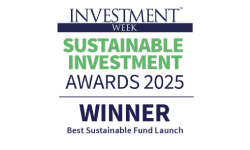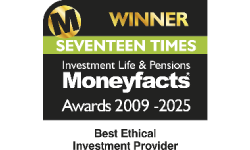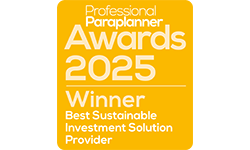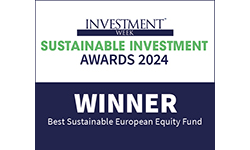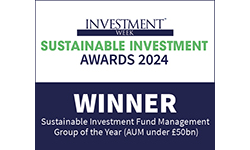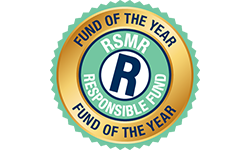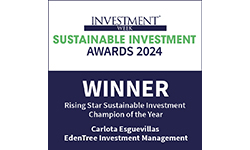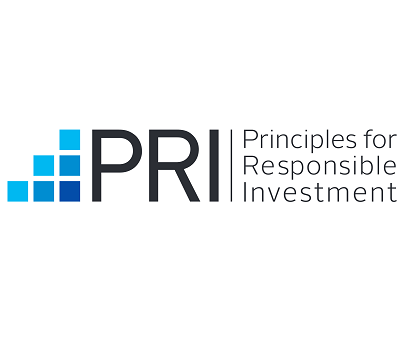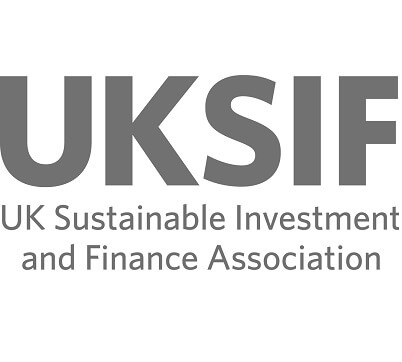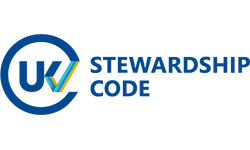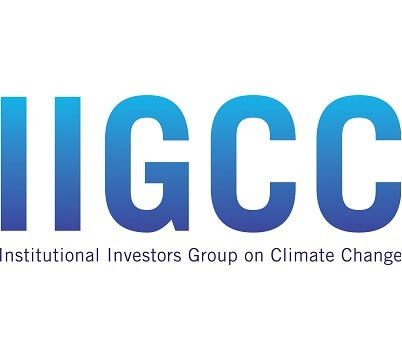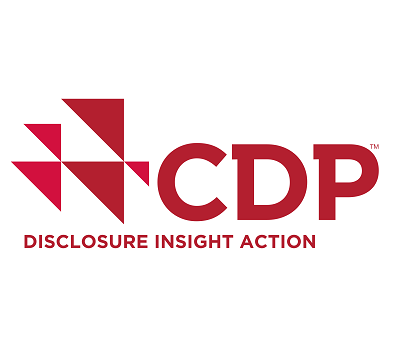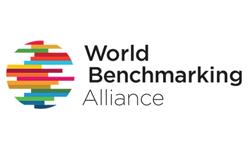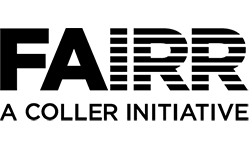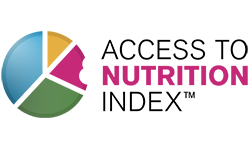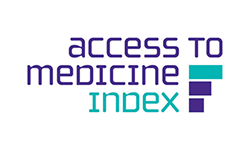Our approach
EdenTree is an active investment management house dedicated to sustainable and impact investing – it’s all we do. We have a 35+ year track record in this space, having launched our first ethical fund in 1988.

Our experience
What we do
Our experienced fund managers work collaboratively with our sustainable investment analysts to identify and support high-quality businesses contributing to positive, long-term structural change.

How we do it
Our Sustainable Investment philosophy
While each fund has its own philosophy and approach, EdenTree’s Sustainable Investment Team shares four common beliefs:

We invest for a better tomorrow
We are active, long-term investors and focus on businesses making a positive contribution to people and the planet.
While cognisant of short-term market and economic cycles, our activities are primarily focused on investing in businesses and organisations offering products and services that are supporting positive, long-term structural change.
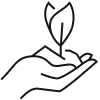
We invest in quality
Our combined investment and sustainability analysis typically tilts our investment focus towards quality, whether that be in traditional factors, such as financial and management strength, or the contribution underlying investments are making towards a sustainable tomorrow.

We invest at sustainable valuations
Our approach looks at the long-term value an investment can make for our clients and society more broadly. For us, risk is absolute and is not linked to a benchmark.
Our wider investment approach seeks to avoid the material loss of capital, which runs parallel with our aim to invest in a way that helps to alleviate social and environmental degradation.

We engage for change
We maintain an active programme of engagement and voting to ensure businesses are acting responsibly and supporting a more sustainable economy.
Our engagement and voting approach assesses material risk factors and targets thematic areas where we can make a difference.

Recognition in excellence
Our awards
We continue to attract recognition for the strength of this approach. In 2025, we were awarded Best Sustainable Fund Launch at the Investment Week Sustainable Investment Awards. We were also awarded Best Ethical Investment Provider at the Investment Life & Pensions Moneyfacts Awards for the 17th year running.

Who we work with
Partnerships for change
We are members or signatories to several industry partnerships involving the sustainable and impact investment community through which we seek to further our impact.
Our insights
Insights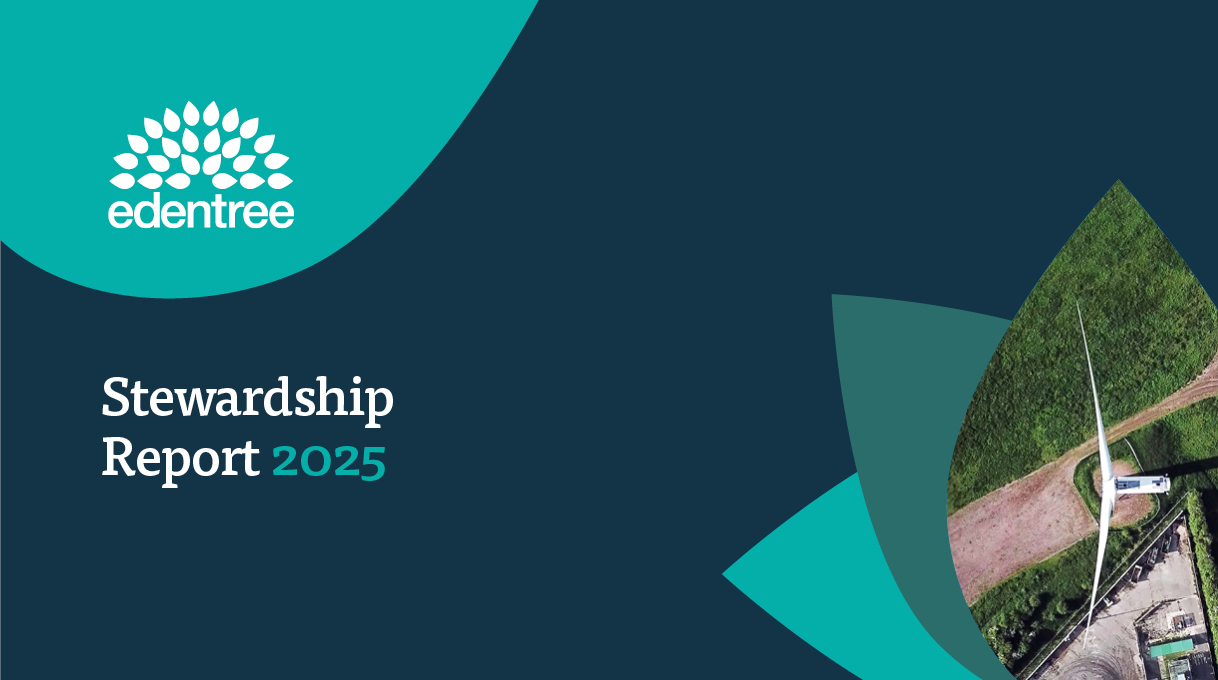
EdenTree Stewardship Report 2025
The Stewardship Report 2025 covers our activity over 2024. This was a year shaped by considerable global uncertainty: ongoing geopolitical tensions, persistent economic headwinds and intensifying pressures on sustainability.
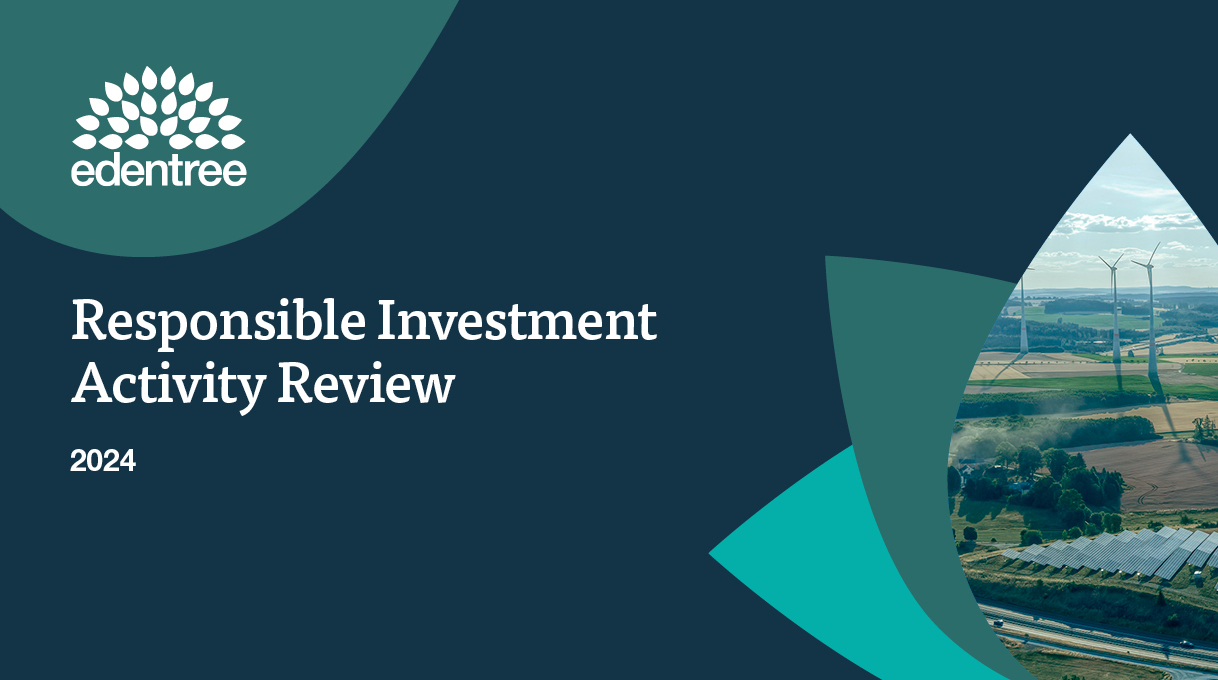
Responsible Investment Activity Review 2024
Our annual Responsible Investment Activity Report is now available. This report covers a year of change and challenge for the UK sustainable investment industry.
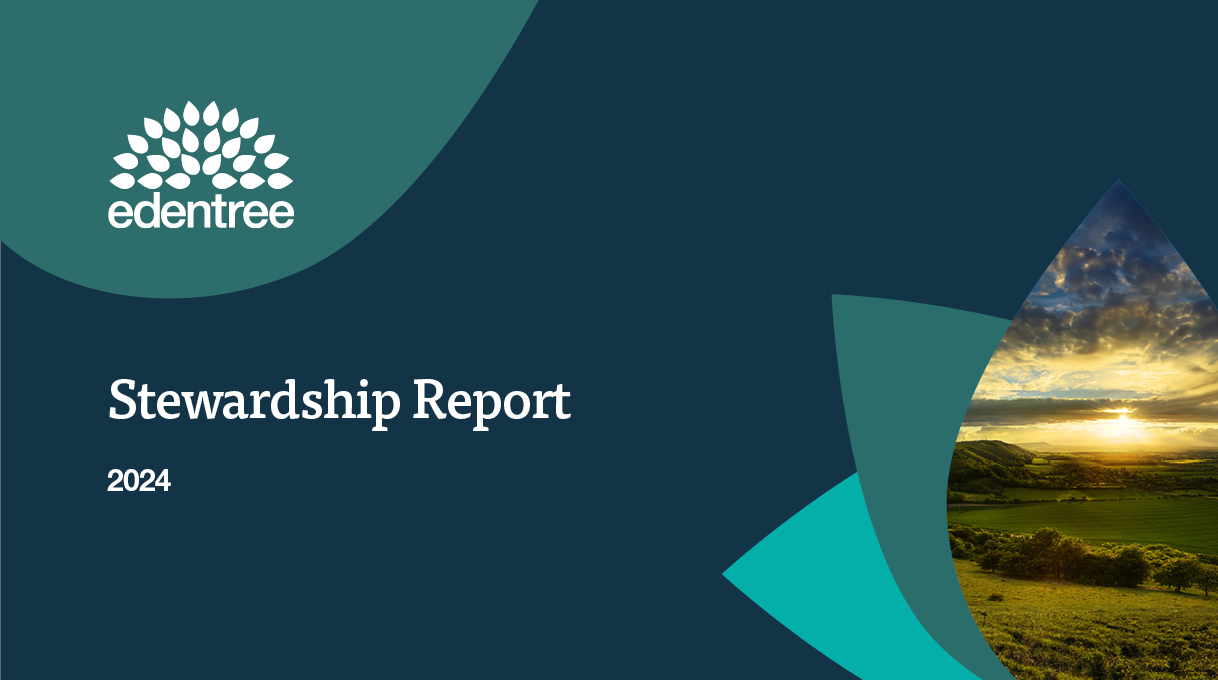
EdenTree UK Stewardship Code Report 2024
This report under the Financial Reporting Council’s revised Stewardship Code, reflects our continued evolution in how we communicate stewardship’s role in our investment process.
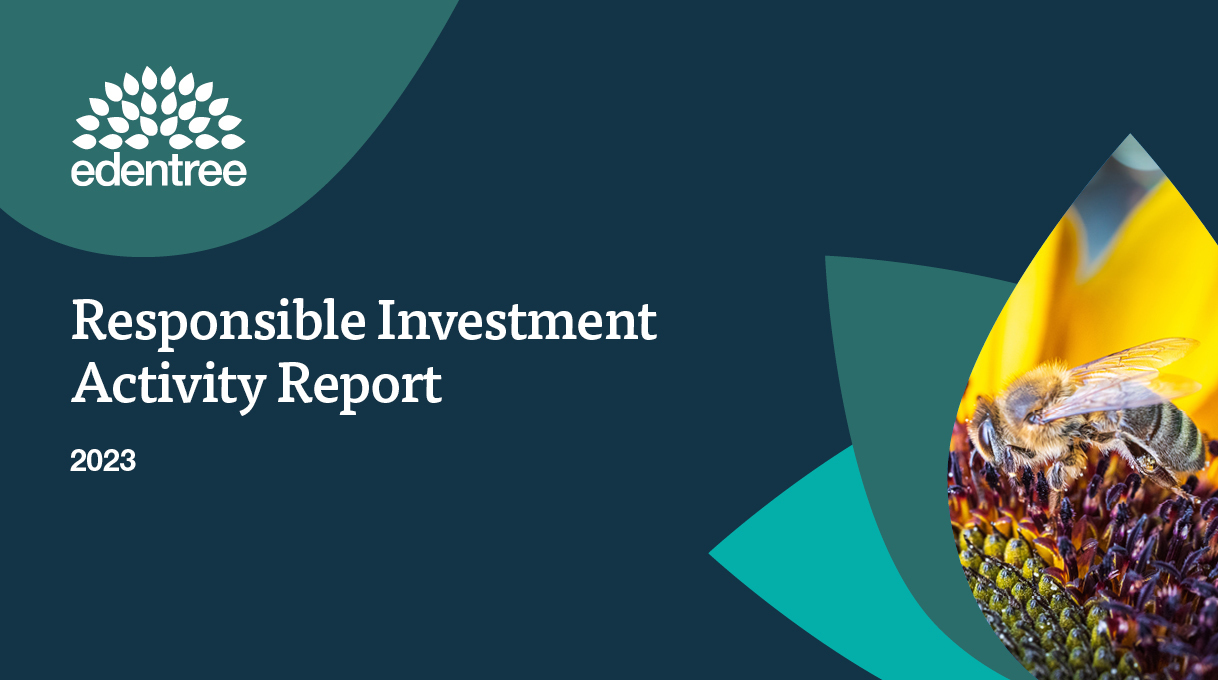
Responsible Investment Activity Report 2023
Our annual Responsible Investment Activity Report is now available. It reflects on our engagements over the year, sharing our progress and achievements across our sustainable investment pillars.
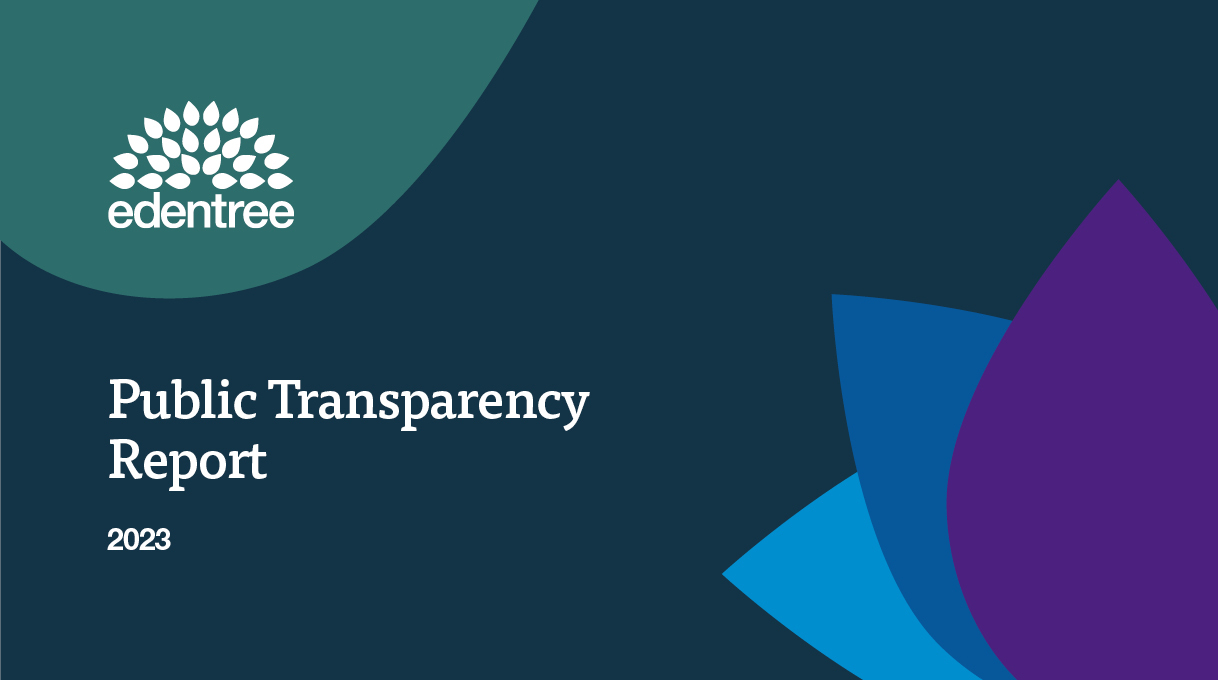
PRI 2023 Transparency Report
This public Transparency Report is an export of the signatory’s responses to the PRI Reporting Framework during the 2023 reporting period.
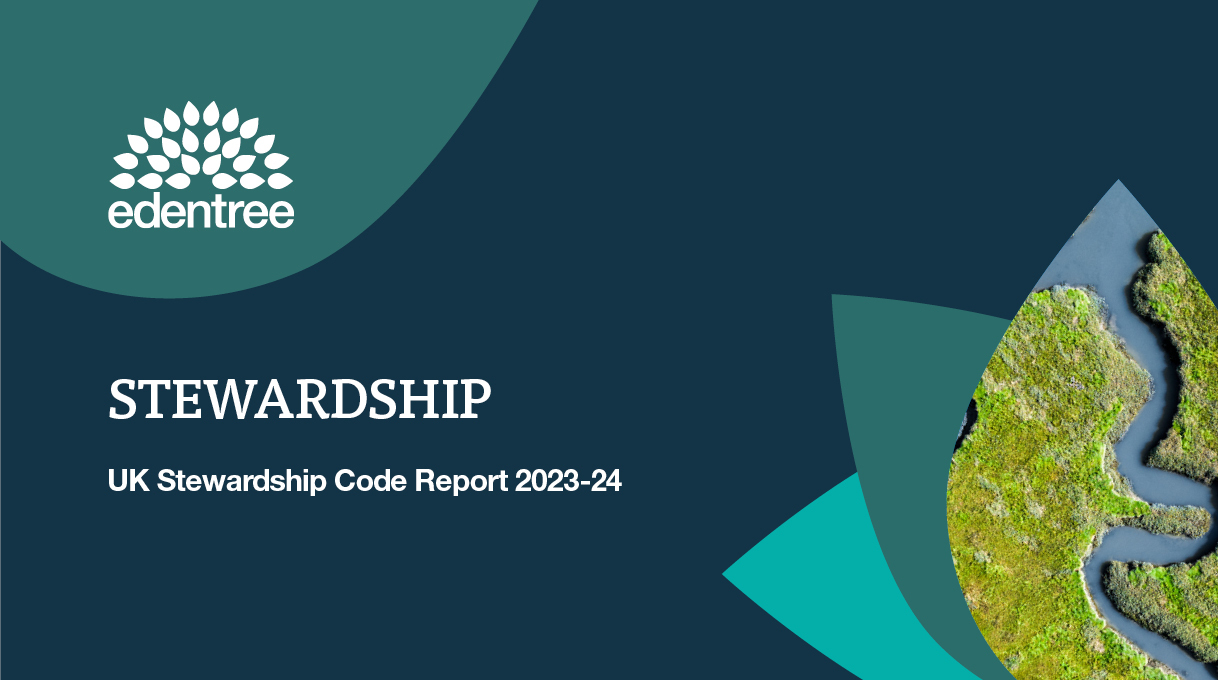
UK Stewardship Code Report 2023
This third annual UK Stewardship Code Report highlights our continued commitment to ESG integration in investment strategy, reflecting growing industry debate and client transparency.
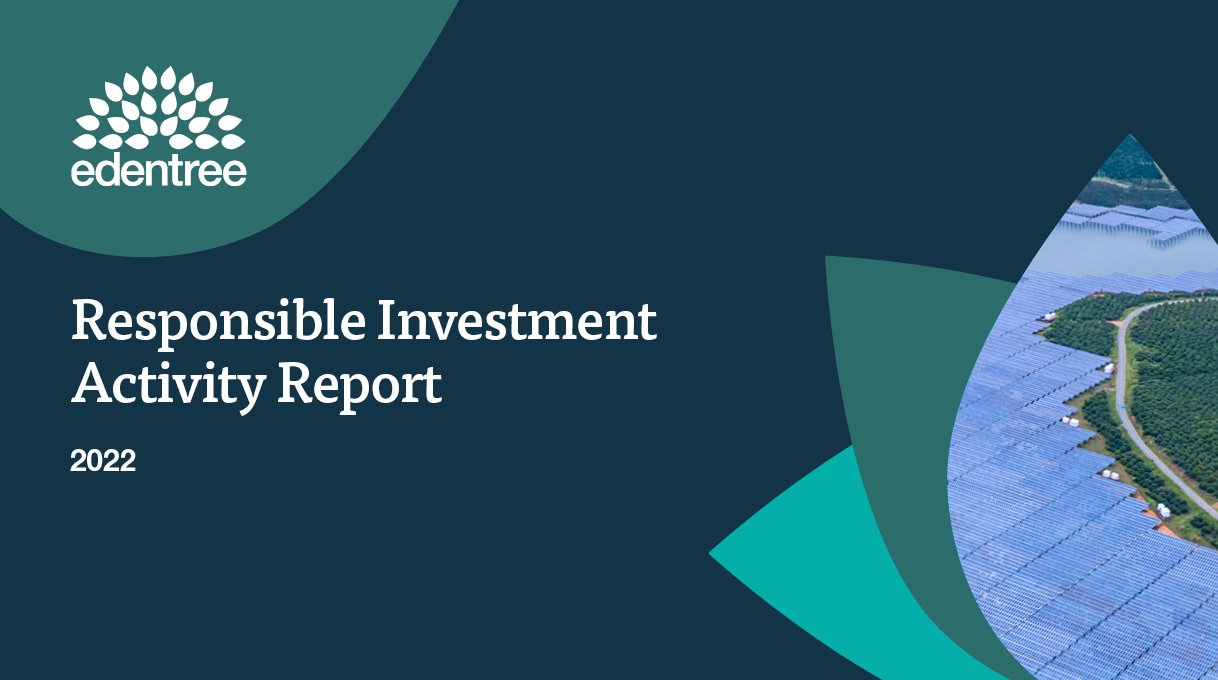
Responsible Investment Activity Report 2022
This report summarises the activity for 2022 across the four pillars of our responsible and sustainable approach: research, screening, engagement and governance.
